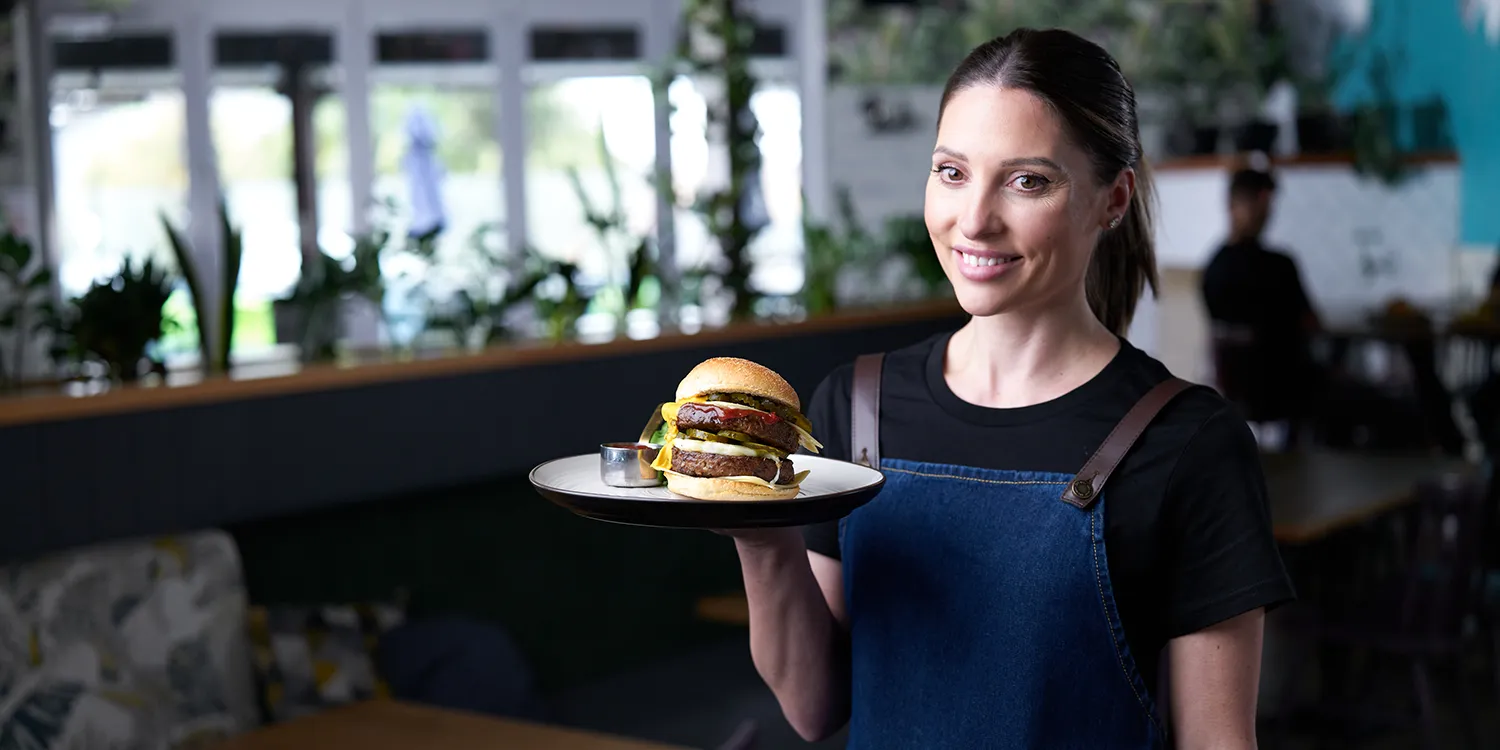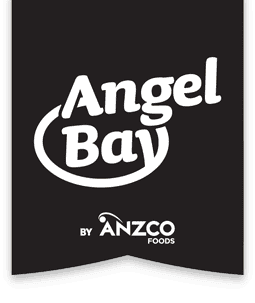
Sales Psychology In Hospitality
In this article we address the topic of human psychology in relation to purchase decisions within the hospitality and food service industry, and how you can manipulate or 'hack' these psychological factors to influence consumer behaviour.
We will compare the effectiveness of two promotional offers commonly used in this industry: 'Buy one get one free' versus '50% off.'
Understanding human psychology and its influence on purchase decisions is crucial for businesses in the industry as it enables you to tailor your marketing strategies and offers to maximise sales.
Below is a breakdown of the two promotional strategies mentioned and how they relate to the industry:
Buy One Get One Free:
This offer appeals to consumers' sense of value and their desire to get more for their money. For context, this promotion can be effective in driving customer footfall and increasing sales, especially for items that are easily shareable or frequently purchased in pairs, such as pizzas, burgers, or beverages.
It creates a perception of receiving a bonus or an extra item for free, which can be enticing and drive purchasing behaviour. This offer taps into psychological principles like:
- The scarcity effect (the fear of missing out)
- The endowment effect (the tendency to value things we already possess).
50% Off:
This offer primarily targets consumers' desire for discounts and cost savings. Within the industry, this promotion can be effective in attracting price-conscious customers or encouraging the trial of new menu items.
The appeal lies in the significant price reduction, making the product or service more affordable and providing a clear monetary benefit. The psychological principle at play here is the framing effect, where the perception of value is influenced by the way information is presented.
Consumer Preferences
Determining which promotional offer is more effective in the industry requires considering various factors, including the target audience, the specific nature of the products or services we offer (e.g., high-end dining experience versus casual dining), and the context in which the offer is presented.
It is essential to consider consumer preferences within your industry, as they can vary significantly. What works well for one person may not be as effective for another restaurant or food service establishment.
By studying and understanding these psychological factors, we can design more effective marketing campaigns, optimise pricing strategies, and create promotions that resonate with your target audience. Ultimately, this can lead to increased customer traffic, higher sales, and improved customer satisfaction within your industry.
Now let's delve into some burger-related promotional strategies...
Limited-Time Combo Deal:
The way to execute this strategy is by combining a statement item like a burger with complementary items such as fries and a drink at a discounted price. By bundling the burger with popular side dishes, you can create a sense of value and convenience for your customers.
This offer leverages the psychological principle of bundling, where customers perceive a greater benefit from purchasing multiple items together. The "limited-time" aspect adds a sense of urgency, prompting customers to take action.
Loyalty Program or Rewards:
Another effective promotional strategy for burgers is to implement a loyalty program or rewards system.
"Earning points for every burger bought" that your customers can redeem for free items or discounts, will allow you to encourage customer loyalty and increase repeat visits. This approach taps into psychological principles such as the desire for rewards and the feeling of exclusivity.
Customers feel rewarded for their continued patronage and are more likely to choose our burger establishment over competitors to accumulate points and unlock future benefits.
Determining which promotional offer is more effective in the burger segment requires considering factors such as:
- The target audience's preferences
- The local market dynamics
- Your specific brand positioning
For instance, if your target audience consists of busy professionals, a limited-time combo deal that offers a quick and convenient meal solution might be highly appealing. Alternatively, if your target audience is more price-conscious, a loyalty program that provides ongoing rewards and discounts may be more effective.
By studying and understanding such promotional strategies within the burger segment, you can design marketing campaigns that align with consumer preferences, optimise your pricing strategies, and create promotions that resonate with your target audience.
Ultimately, this can lead to increased foot traffic, increased sales, and improved customer satisfaction within the hospitality and food service industry.
